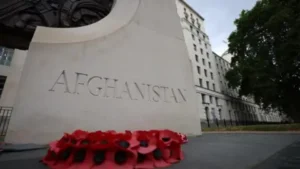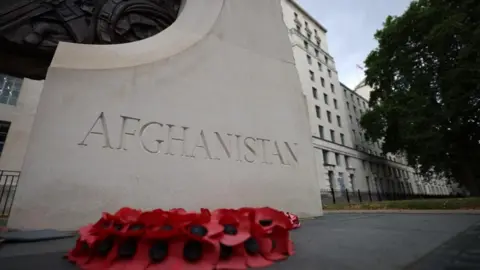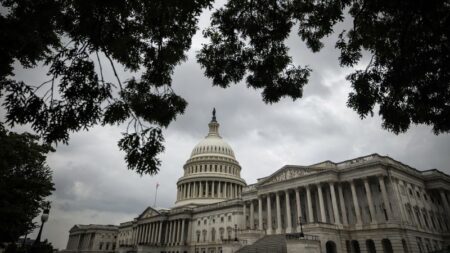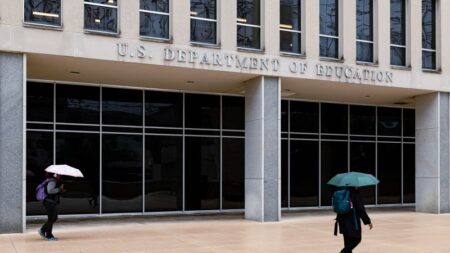The recent data breach concerning Afghan applicants has opened a Pandora’s box of questions, each critical to the fabric of international relations and national security. Spurred by the accidental exposure of sensitive information regarding those attempting to escape the wrath of the Taliban, the revelations have prompted an unprecedented secret evacuation operation by the UK government. This incident shines a light on broader issues of data security and moral responsibility, as well as suspicions surrounding governmental transparency.
It has been more than three years since a British official inadvertently leaked a vast dataset that included names and contact details of Afghans seeking refuge from Taliban retribution. This lapse in data security has not only affected individual lives but also has had severe implications for the reputation of governmental bodies charged with protecting vulnerable populations. As these details come to light, the measure of responsibility assumed by the UK government and the implications for future evacuations and assistance initiatives become paramount.
**What measures can be taken to prevent future leaks?**
Data breaches are not uncommon, with historical precedents such as WikiLeaks and Edward Snowden’s revelations, along with the ongoing dilemma of cyber-attacks on both private and public sectors. However, the emotional weight of this particular incident is underscored by the real dangers it poses to the individuals affected. Reports suggest that hundreds, if not thousands, of Afghans now fear for their lives due to the public exposure of their information.
A significant cohort of former Afghan soldiers, government officials, and their families remain at risk, highlighting the imperative for robust data-security protocols within government systems. This event illustrates the dire need for enhanced measures that not only safeguard sensitive information but also foster a climate of trust among those who rely on government assurances. The recent breach is compounded by the realization that it did not arise from a sophisticated cyber-attack but rather from a single unintentional mistake by an individual within the Ministry of Defence.
**What does this imply for Britain’s moral obligation?**
The UK’s long-term military commitment in Afghanistan spanned nearly two decades, during which time many Afghans worked hand-in-hand with British forces, often at great personal risk. Following the swift resurgence of the Taliban in August 2021, the moral obligation to assist these individuals became painfully apparent. UK soldiers and diplomats forged relationships predicated on trust and shared objectives, making the need for continuity in safeguarding these relationships even more pressing.
The current situation reveals the vulnerability of thousands who placed their faith in British promises of protection, risking their lives for a better future. This breach of data security undermines future diplomatic assurances by projecting an image of incompetence and failure to safeguard crucial information. Such failures can dissuade other potential allies from seeking collaboration in the future, entirely undermining the philosophical underpinnings of the UK’s moral obligations stemming from its past engagements.
**Was there an attempt to cover up the breach?**
Shortly after the discovery of the unauthorized data breach—18 months post-event—the UK government sought an extraordinary legal measure known as a super-injunction, aimed at preventing media reporting of the incident. Such a step raises alarms about governmental transparency and accountability in democratic function. The power wielded through super-injunctions can hinder public awareness and negate ordinary reporting channels that enable checks and balances.
The super-injunction has very recently been lifted following an independent review, but suspicions remain that its initial application might have been politically motivated, rather than purely protective of the affected individuals’ safety. A senior judge, Mr. Justice Chamberlain, expressed concerns that such legal actions “had the effect of completely shutting down the ordinary mechanisms of accountability” that are vital in a democratic society.
In conclusion, the data breach surrounding Afghan evacuees opens a critical dialogue regarding national security, ethical obligations, and the transparency of governmental actions. As the UK grapples with the fallout of this oversight, the need for stringent security measures, a commitment to moral responsibilities, and an unwavering adherence to transparency in government communication becomes essential for restoring public trust and ensuring the safety of vulnerable populations. These lessons, once learned, could reshape not only UK policy but international standards regarding data sensitivity in conflict zones.











